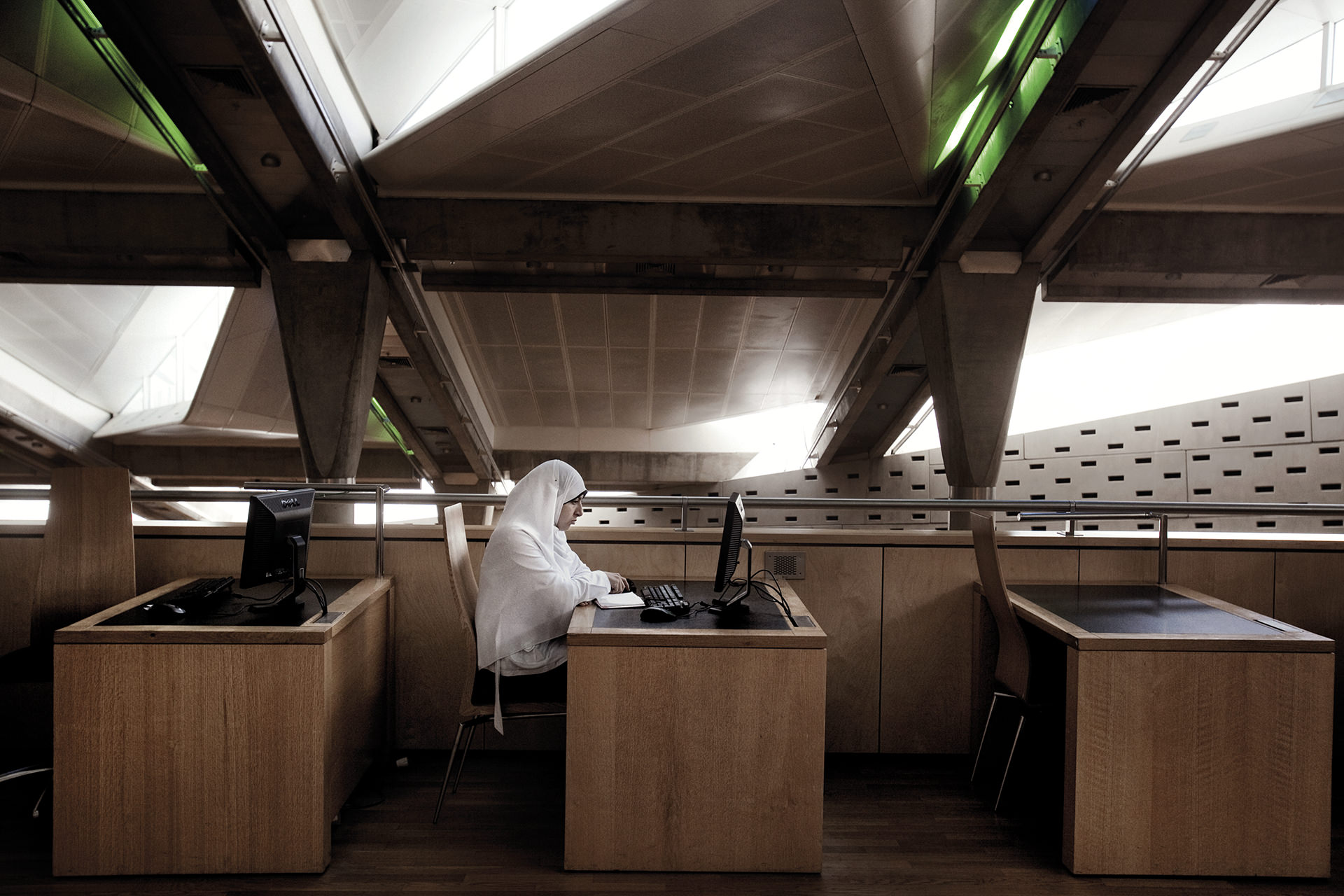Life in Alexandria is like the life of an acrobat; endlessly walking on the tightrope of change.
Walking in the void with no safety net is exciting and liberating but it can also be dangerous. We
don’t know where we’re heading, but at least we know now that we can choose a path without finding
ourselves face to face with some monolithic power. This is thanks to the work of activists and
bloggers, who have repeatedly tried and succeeded in challenging many ideological barriers. Through
the formation of online networks these activists have created the conditions needed for the
expression of a vibrant citizenship. For many years we have been sub-citizens, now we are active
members of our society. We can now experience to the true meaning of words like freedom and rights
while previously we were just confronted with their limitations.
In the past few months we have experienced an evolution-revolution., a very dynamic change that has
gathered pace very quickly. If Alexandria had stood still it would have been like a hefty boulder
which finally crumbled under the pressure of change. If the city were now to change too quickly, it
would risk losing its essence, like a squeezed lemon. So now we are in the difficult position of mixing together these two extremes, the boulder and the lemon, we are living in a time of social and urban upheaval.
Life
as an acrobat

While waiting for a future that we can call our own, we bear witness to chaos everywhere. On the one hand the Library is a symbol of Mubarak’s regime but is at the same time representative of a certain culture and a modern nostalgia for a long lost cosmopolitanism. On the other hand, we build new McDonalds and shopping centres. Investments in infrastructure are scant and our port is no longer a major player. Alexandria is no longer on the tourist trail. We are no longer the home of exchanges between the Jewish, Italian, English, French, Turkish and Lebanese communities. The city’s marginalisation has other undesired effects, like the brain drain towards Cairo and abroad. In order to retain our skilled professionals we would need projects, expertise and an ambitious vision that would develop in an educational environment, supported by adequate funding. We need to remind ourselves of how we were not so long ago.
The old Alexandria was a beautiful city, well organised and planned. None of this exists
anymore. Chaotic planning policies are forcing large numbers of the population to live in slums;
there is no choice and people live in a state of human and environmental misery that is not
empowering. Alexandria is transforming from a cosmopolitan city to a contradictory city. The old
port shows signs of this makeover: a populous neighbourhood with charming old houses flanked by
badly built new constructions already in the throes of decay, symbols of our country’s disarray,
its ignorance, its poverty but also its exceptional generosity.
If we were to launch a project to ensure our future, it would need to begin by reclaiming the agora
as a place of public exchange, and the library as a collective cultural lighthouse. This would
bring the city together as it moves towards the future in search of greater stability.
Alberto D'Argenzio





